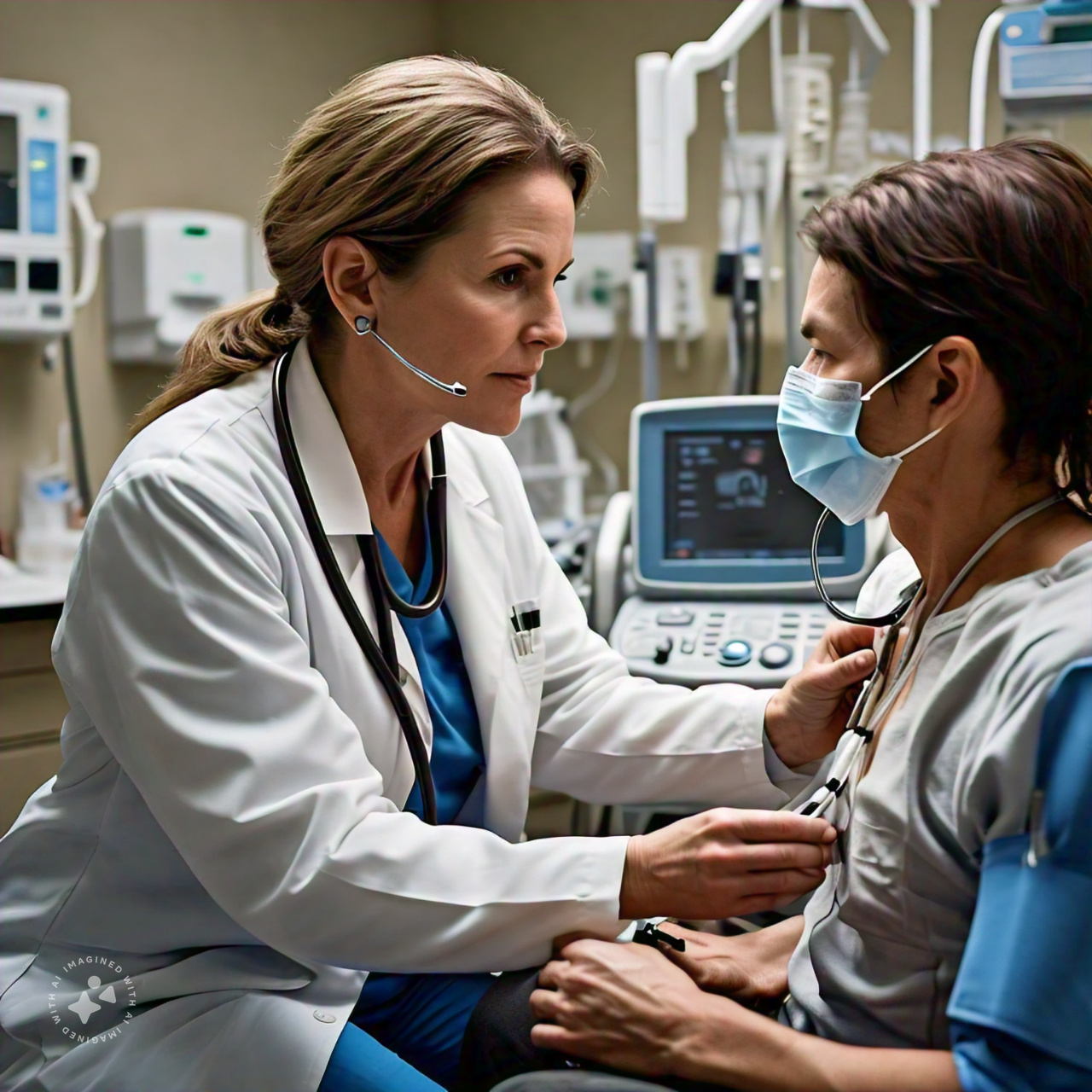The report “Respiratory Diagnostics Market by Product & Services (Devices, Reagents, Software), Test (PFT, Peak Flow, Spirometry), OSA, Imaging (X-ray, CT, MRI, PET), Molecular (PCR, DNA Sequencing), Indication (Lung Cancer, Asthma, COPD, TB) – Global Forecast to 2029”.
The report Respiratory Diagnostics Market is expected to reach USD 8.2 billion by 2029 from USD 5.6 billion in 2023, at a CAGR of 6.6%, during the forecast period.

Browse
- 83 Market Data Tables
- 45 Figures
- 146 Pages and in-depth TOC on “Respiratory Diagnostics Market – Global Forecast to 2029”
Some of the prominent key players are:
- Koninklijke Philips N.V. (Netherlands),
- BD (US),
- Abbott (US),
- Thermo Fisher Scientific Inc. (US),
- GE HealthCare (US),
- Bio-Rad Laboratories, Inc. (US), and many more……
Mergers & acquisitions, investments & expansions, partnerships & collaborations, and new product developments are some of the major strategies adopted by these key players to enhance their positions in the Respiratory Diagnostics Market.
Growth Driver: High prevalence of tobacco smoking
Smoking is the leading cause of COPD. According to WHO, tobacco kills up to half of its users and over 80% of the world’s 1.3 billion tobacco users, who live in low- and middle-income countries. Furthermore, as per the Centers for Disease Control and Prevention (CDC), cigarette smoking remains the leading cause of preventable diseases, disabilities, and deaths in the US, accounting for over 480,000 deaths annually, including more than 41,000 deaths from secondhand smoke exposure. Another 16 million live with a serious illness such as lung cancer, COPD, and respiratory infections caused by smoking. Each year, the US spends more than USD 225 billion on medical care to treat smoking-related diseases in adults. Studies suggest that 12% of the US adults smoke cigarettes in 2023 as compared to 11% in 2022. Adults of the age of 18 to 29 years, smoke e-cigarettes. Thus, it is expected to boost the market.
Opportunity: Growing awareness about ill effects of untreated sleep apnea
Globally, many countries are becoming increasingly conscious of the economic impact of untreated sleep apnea. In the US, the total economic cost of insufficient sleep is USD 43–46 billion, while undiagnosed moderate to severe sleep apnea in middle-aged adults may cause USD 3.4 billion in additional medical costs (Source: ResMed). The estimated financial burden of OSA (including healthcare costs, lost productivity, and road and work-related accidents) in Australia is in the range of USD 2 to 8 billion per year (Source: Snore Australia).
Market Segmentation: –
- The growing trend towards point-of-care testing (POCT) represents a paradigm shift in healthcare, significantly contributing to the growth of the instruments and devices segment. Portable respiratory diagnostic instruments, such as handheld spirometers, peak flow meters, and portable imaging devices, enable real-time assessment of lung function and conditions.
- The escalating prevalence of respiratory disorders, particularly chronic obstructive pulmonary disease (COPD) and asthma, underscores the critical role of mechanical tests in assessing lung function. Mechanical tests, such as spirometry and peak flow tests, play a fundamental role in evaluating lung function by measuring parameters like airflow, lung volume, and capacity.
- Personalized asthma care is increasingly reliant on sophisticated diagnostic tools that consider individual patient profiles. Advanced diagnostics, such as molecular testing and biomarker analysis, enable healthcare professionals to delve into the specific genetic and molecular factors contributing to a patient’s asthma.
- Hospitals and clinics are increasingly integrating respiratory diagnostics into routine care protocols. The seamless integration of respiratory diagnostics within hospitals and clinics ensures that diagnostic services are readily accessible to a broad spectrum of patients seeking routine or specialized care.
- In 2022, North America held the largest market share for respiratory diagnostics market. The growing awareness of the significance of early detection and effective management of respiratory diseases has emerged as a significant factor propelling the utilization of respiratory diagnostics products and services in North America.
Growth in this market is largely driven by the growth in the large patient population suffering from pulmonary diseases, increase in pre-term deliveries, rise in adults being exposed to poor air quality index environment, increased smoking of tobacco, increased cases of passive smoking due to exposure to harmful smoke inhalations, rise in dust and allergies associated with it leading to asthma and COPD, rising R&D expenditure by leaders in this market, increased trend of smoking in women more than men, and massive rise in underlying lung diseases, and continuous exposre to indoor or outdoor dust, making it prone to infections, leading the market growth.
